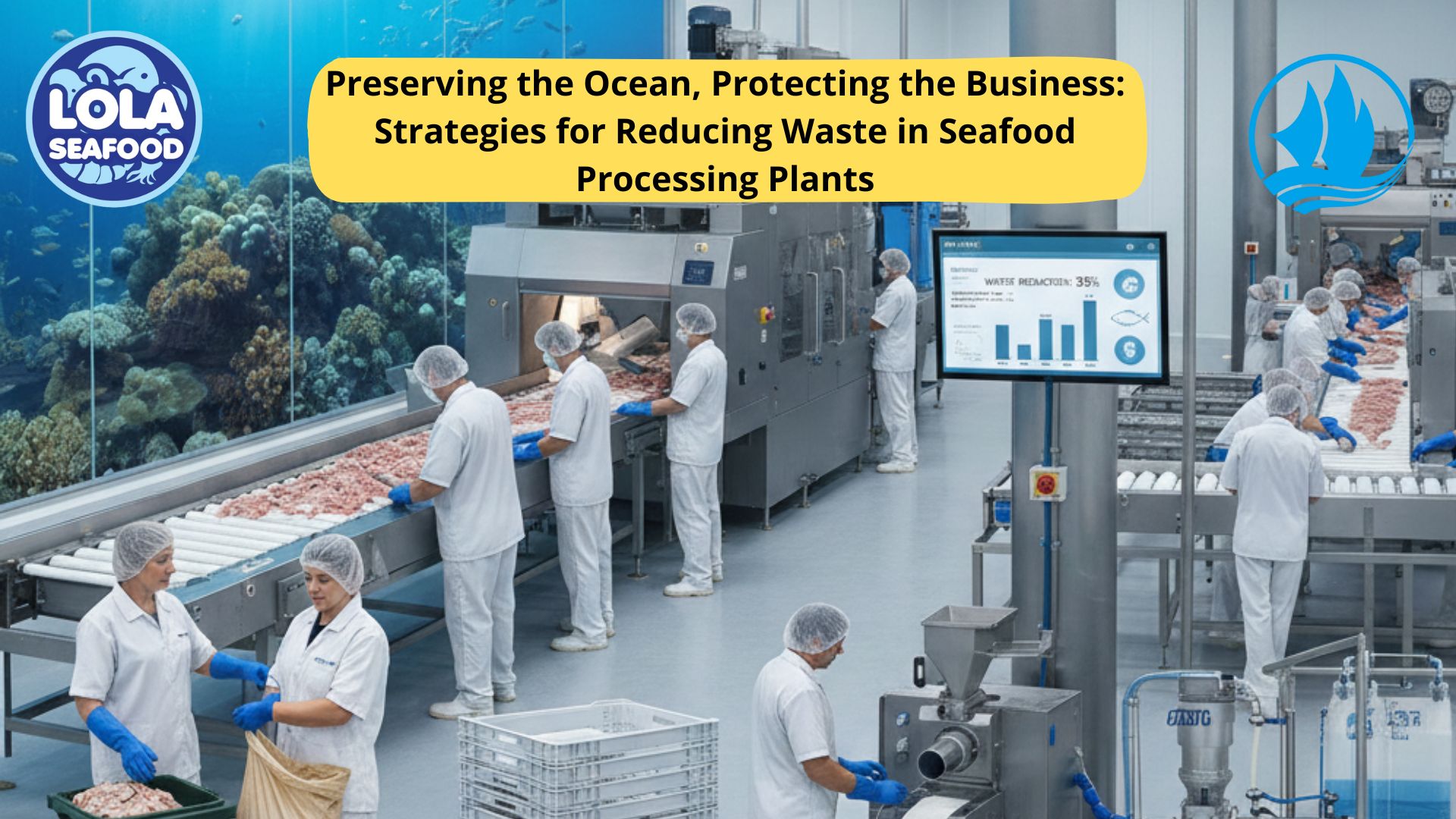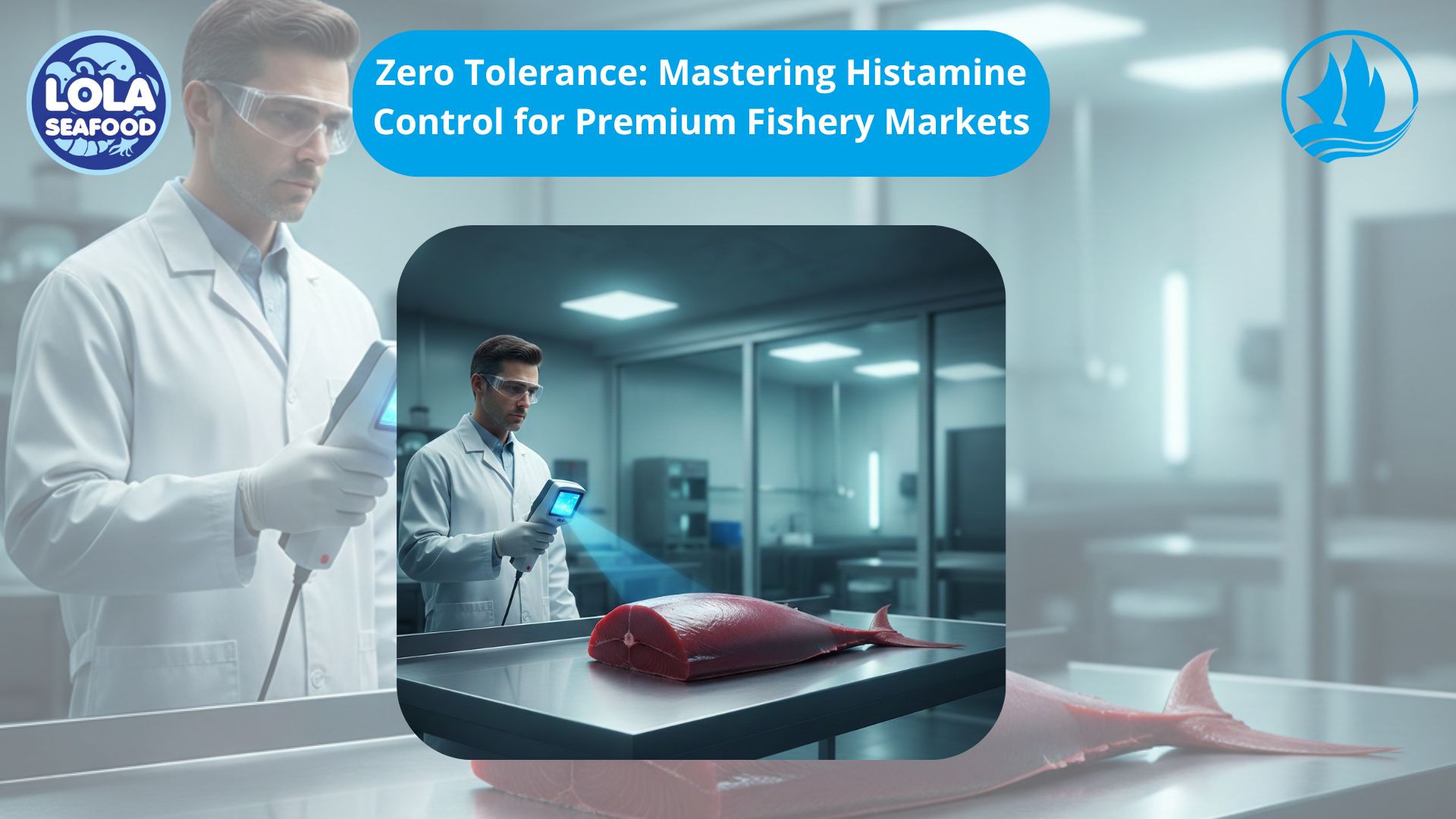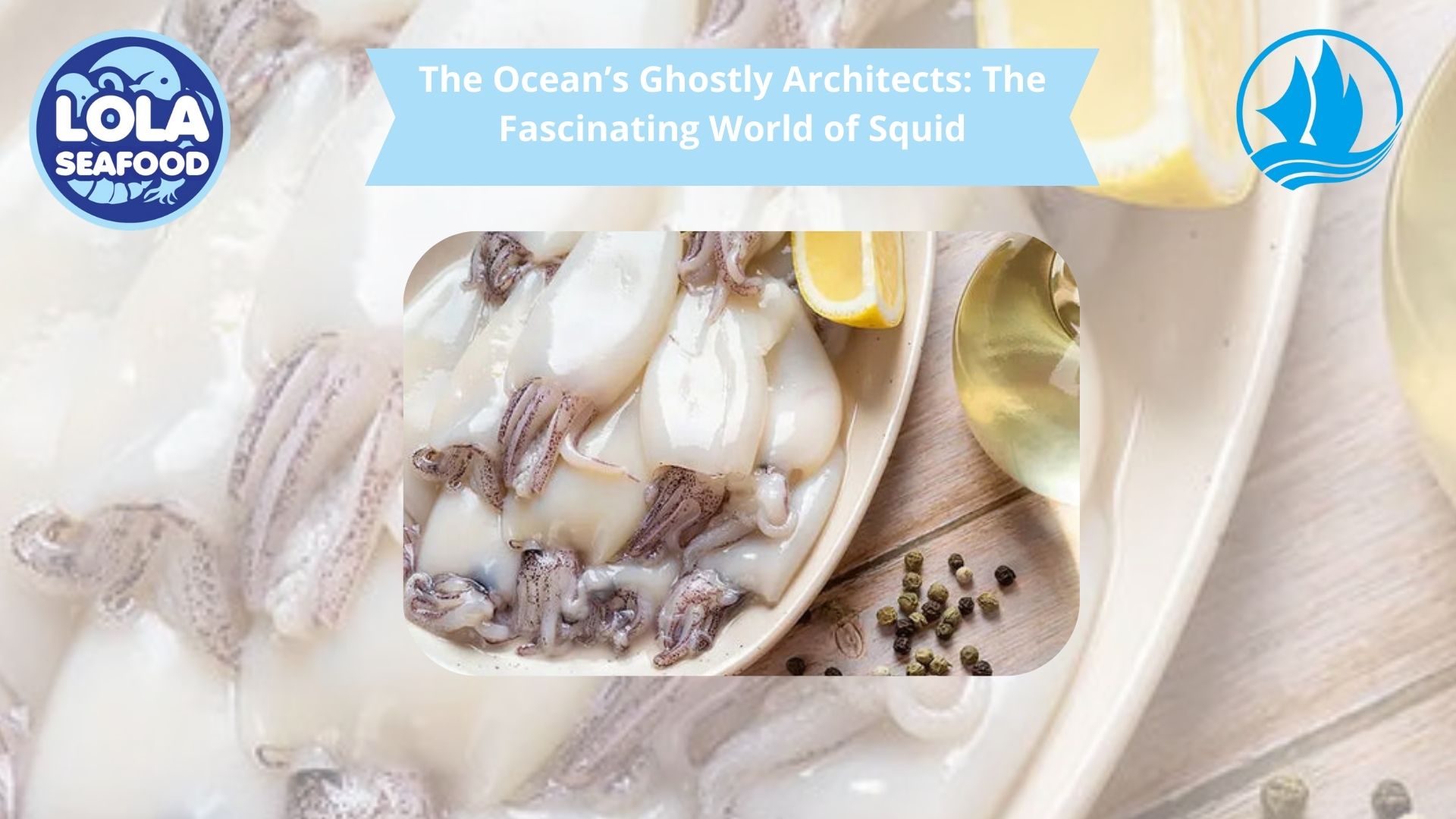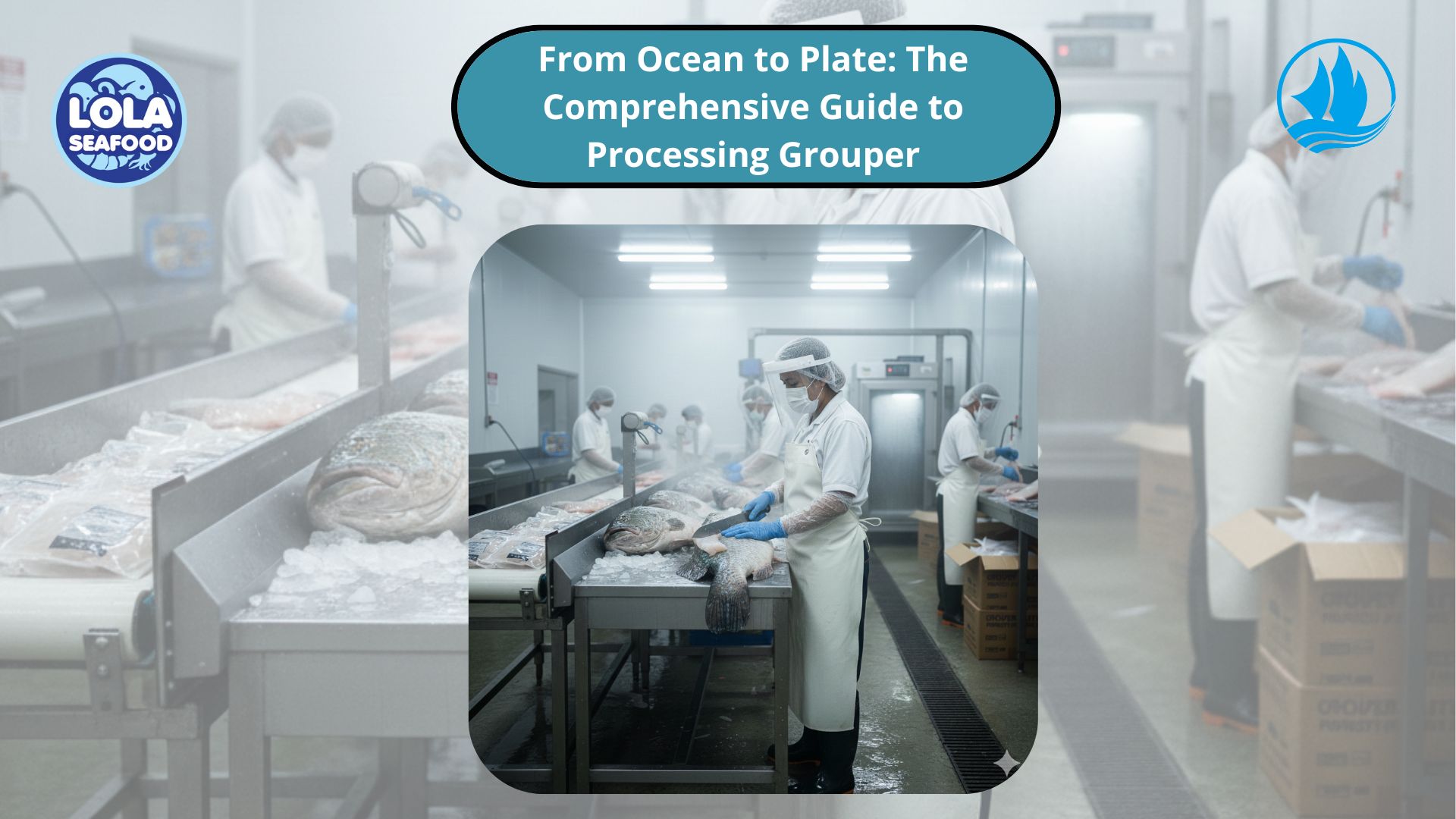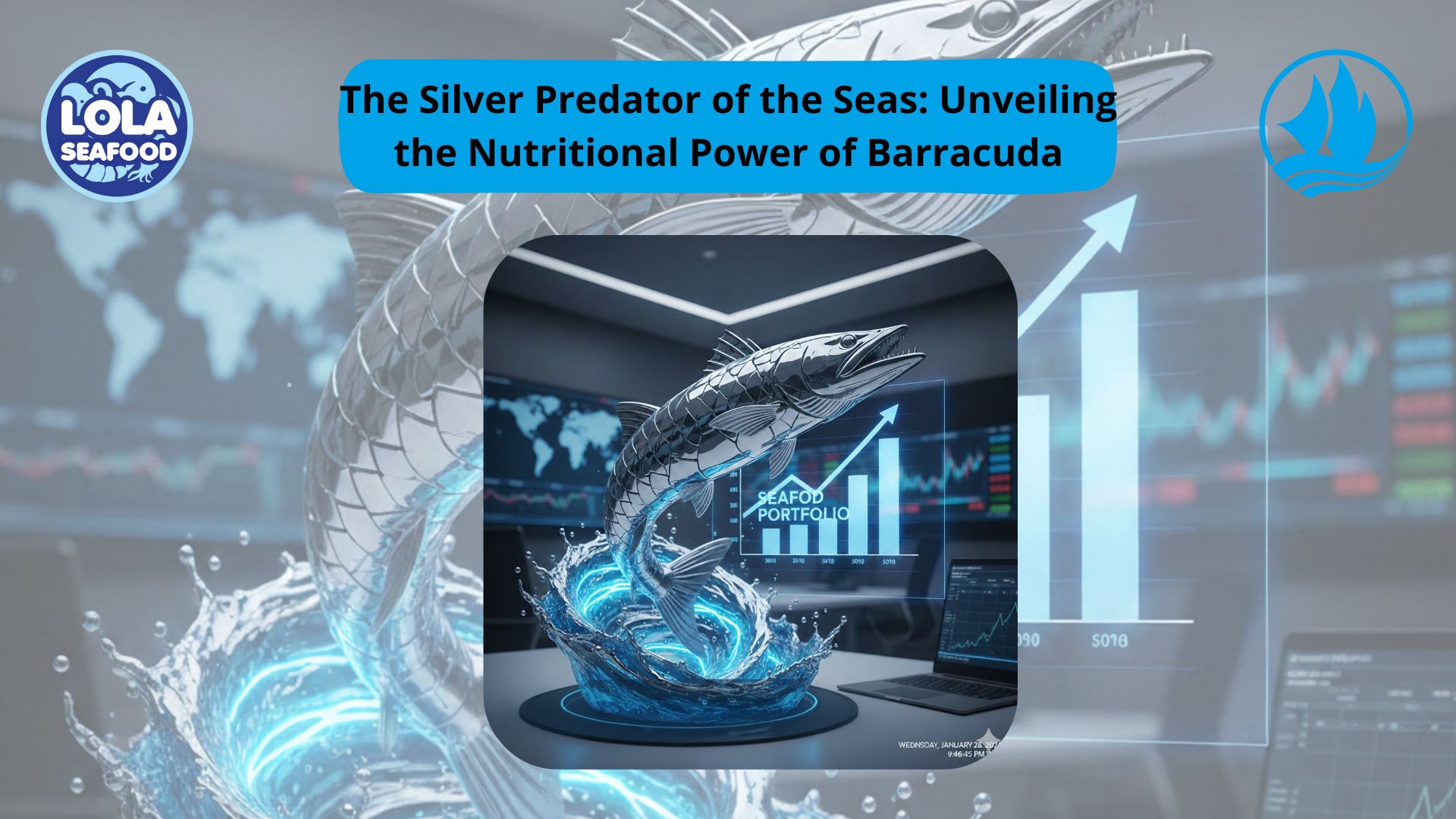6 Things To Do To Prevent Ocean Acidification
By. Nevanda - 15 Jun 2023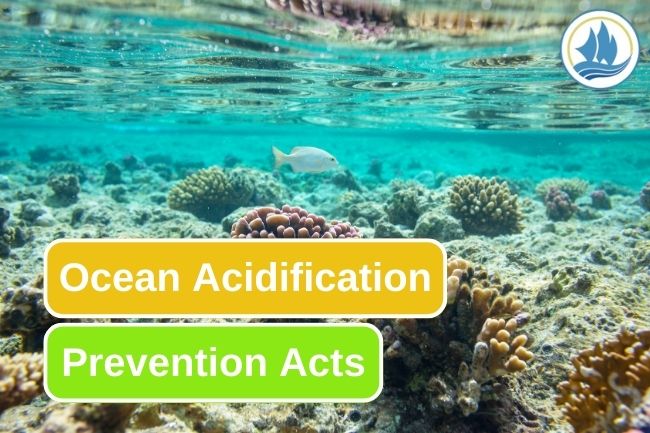
kelolalaut.com - Preventing ocean acidification requires addressing its root cause, which is the increased concentration of carbon dioxide (CO2) in the atmosphere. Here are some key steps that can be taken to mitigate and prevent ocean acidification:
1. Reduce Greenhouse Gas Emissions
The primary driver of ocean acidification is the release of CO2 into the atmosphere. To combat this, we need to significantly reduce greenhouse gas emissions, particularly from burning fossil fuels. Transitioning to cleaner and renewable energy sources, promoting energy efficiency, and implementing sustainable transportation systems are crucial steps to reduce CO2 emissions.
Read also: This is What Causing Ocean Acidification
2. Increase Renewable Energy Adoption
Shifting towards renewable energy sources such as solar, wind, and hydropower can significantly reduce CO2 emissions from the energy sector. Supporting and investing in renewable energy infrastructure and technologies will contribute to mitigating climate change and reducing ocean acidification.
3. Promote Sustainable Agriculture and Land Use
Encouraging sustainable agricultural practices that prioritize soil health, reduce deforestation, and minimize chemical inputs can help preserve carbon storage in vegetation and soils. Additionally, protecting and restoring forests, wetlands, and other natural habitats can aid in absorbing CO2 from the atmosphere.
4. Support Carbon Capture and Storage (CCS) Technologies
Carbon capture and storage technologies can capture CO2 emissions from industrial processes and power plants and store them safely underground. Supporting research, development, and deployment of CCS technologies can help reduce atmospheric CO2 levels and mitigate ocean acidification.
Read also: 5 Impact That Ocean Acidification Caused
5. Protect and Restore Marine Ecosystems
Preserving and restoring marine ecosystems, such as coral reefs, seagrass meadows, and mangrove forests, can enhance their resilience to ocean acidification. These ecosystems act as natural carbon sinks and provide habitat for many marine organisms, contributing to the overall health and stability of the marine environment.
6. Promote Sustainable Fishing Practices
Implementing sustainable fishing practices, such as setting catch limits, protecting spawning areas, and avoiding destructive fishing methods, can help maintain healthy fish populations. Healthy fish populations contribute to the resilience of marine ecosystems and can support the overall health of the ocean.
It is important to note that while preventing ocean acidification requires collective global action, individual choices and behaviors, such as reducing personal carbon footprints, can also contribute to the overall effort of mitigating climate change and protecting the oceans.
Read also: Pen Culture Farming System in Aquaculture
